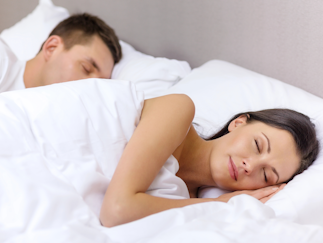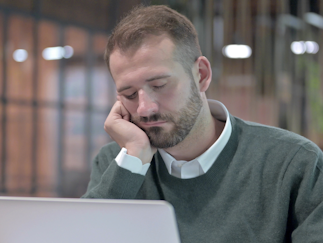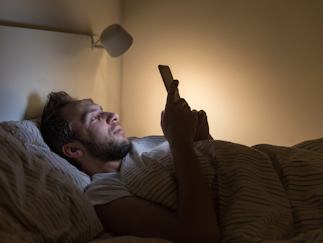13 Oct 2025

Is Sleeping Without a Pillow Good or Bad for Your Health?
12 May 2023
Sleeping with a pillow is the general norm for most of us in modern society. This is a behaviour that we can trace back as far as 7000 BC when some of the earliest humans used stone pillows to keep insects out of their mouths and noses. With this being less of a concern today, you may be wondering why we still use pillows; is this a necessary practice, or could there be health benefits to sleeping without a pillow?
To summarise, there isn’t really a definitive answer to the question of whether sleeping without a pillow is good or bad for your health. There is some amount of evidence to support both sides of this argument. The potential benefits include reducing pain in front sleepers, preventing wrinkles, and reducing acne; conversely, the risks include an increase in pain for back and side sleepers, pain and numbness in the arms, and potentially causing breathing problems. Ultimately, this is an issue for which little research currently exists. We’ve discussed each side of the argument so you can decide for yourself whether sleeping without a pillow would benefit you.
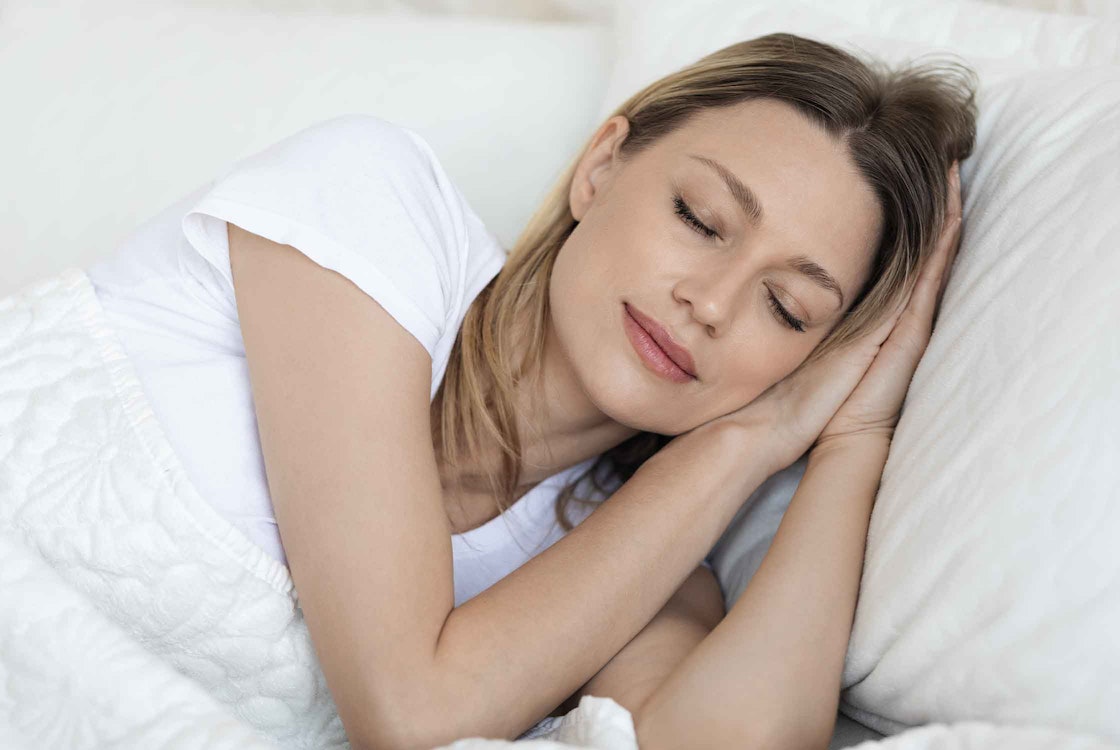
What Are the Potential Health Benefits of Sleeping Without a Pillow?
In short, the potential health benefits of sleeping without a pillow include the prevention of pain in stomach sleepers, reducing the development of wrinkles, and helping to reduce acne formation. For the most part, these potential benefits are mainly theoretical, but are worth discussing nonetheless.
1. Can Prevent Neck and Back Pain for Stomach Sleepers
The first potential health benefit of sleeping without a pillow only applies to those who typically sleep on their stomach. For front sleepers, sleeping without a pillow can help to keep the head, neck, and spine correctly aligned.
Different sleeping positions, i.e. front, back, and side, all place pressure on different parts of the body. The most important job of your pillows is to properly support your body at these pressure points, while also keeping your spine well-aligned. It’s for this reason that you’ll find that recommendations for the ideal number of pillows to sleep with vary for each different position.
When it comes to sleeping on your stomach, this is generally the worst position for the alignment of your spine. As such, sleep experts advise that you should completely avoid sleeping on your stomach if possible. However, if this is the only way you can comfortably sleep, they recommend that you sleep without a pillow. Using a pillow in this position, even one with the lowest of lofts, raises your head slightly; this slight shift is enough to misalign your head, neck, and spine, increasing the strain it puts on these points. On the other hand, sleeping on your front without a pillow can help to keep your body in more of a neutral position.
So, stomach sleepers are most likely to benefit from sleeping without a pillow in terms of preventing next-day aches and pains. Oppositely, if you’re a side or back sleeper, sleeping with at least one pillow is absolutely necessary to prevent pain; we’ll discuss this further later in the article.
2. May Reduce the Development of Wrinkles
There is some evidence to suggest a link between the use of pillows and the development of wrinkles. Based on this evidence, there is a possibility that sleeping without a pillow could reduce wrinkle development.
The research regarding this potential benefit is quite limited; however, the evidence that does exist suggests that pillows can contribute to wrinkle development and the general signs of ageing. The current research shows that pillows compress the skin, with this being especially true for side and front sleepers. This leads to the theoretical conclusion that sleeping without a pillow could potentially reduce the development of wrinkles.
But, like we’ve said, there isn’t a huge amount of research to back up this claim; further studies would be necessary to solidify it as a definite reason to forgo a pillow. There are several other proven ways to reduce wrinkles like avoiding sun exposure, eating a healthy diet, and moisturising daily. You must also weigh up the increased risk of impacting your spinal health against this potential benefit; as the evidence currently stands, the risks of sleeping without a pillow outweigh its benefits in this respect.
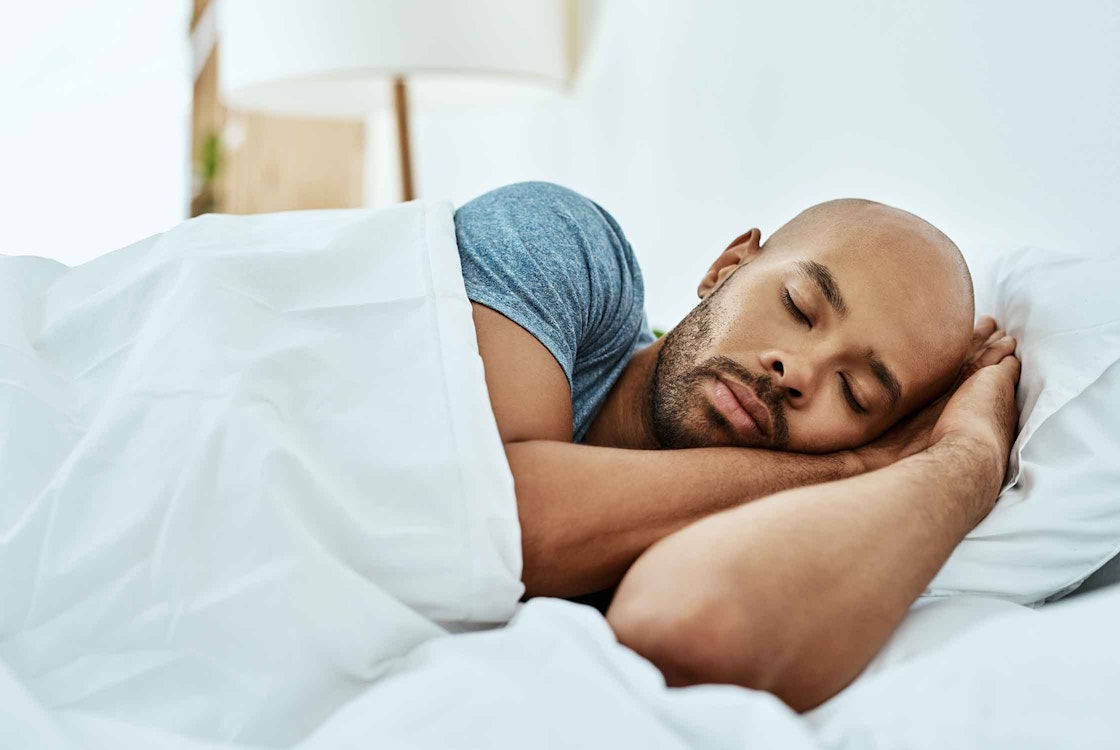
3. May Help to Reduce Acne
For those who suffer from it, sleeping without a pillow could potentially reduce the development of acne. However, this potential benefit is only theoretical as no solid evidence currently exists to back up this claim.
To understand where this potential benefit comes from, we can look at how acne forms in the first place. What we know for certain is that acne develops from an excess of oil and bacteria accumulating on the skin. Your face makes contact with your pillow constantly for hours on end while you sleep; during this time, it absorbs much of the oils, skin cells, and sweat that you shed in the night. You’ll have seen the evidence of this if you’ve noticed your pillows going yellow over time.
Considering all of this information, it’s logical to assume that pillows can contribute to the formation of spots and acne. However, like the previous point, there isn’t enough solid research to back up this claim as a fact. Rather than getting rid of the pillow altogether, a less extreme solution for acne sufferers is to use a fresh pillowcase every night; this will minimise the potential impact your pillows have on your skin without impacting your comfort in bed.
What Are the Potential Health Risks of Sleeping Without a Pillow?
Now looking at the potential health risks of sleeping without a pillow, these include an increased risk of pain for back and side sleepers, pain or numbness in the arms, and breathing issues while asleep.
1. Likely to Impair Sleeping Posture in Back and Side Sleepers
In contrast to the potential benefits for front sleepers, back and side sleepers are likely to suffer without a pillow. Sleeping without a pillow in both of these positions carries a much greater risk of the sleeper developing neck or back pain.
As we’ve discussed, the main job of your pillows is to support the alignment of your body while you sleep. This is better understood by imagining a line running from your head, through your neck and along your spine. Without a pillow, your head tilts into an unnatural position, bending this line and thus misaligning your body. This puts a strain on your neck and back which ultimately leads to aches and pains at these pressure points.
We can further understand the impact of sleeping without a pillow by looking at each sleeping position more specifically. Taking side sleepers first, this position naturally creates a gap between the sleeper’s neck and shoulders; it’s therefore necessary to support this point with a pillow to prevent the neck from arching sideways and misaligning the spine. Similarly, for back sleepers, this position creates a gap at the back of the head and neck; again, it’s necessary to place a pillow under the head to prevent it from tilting backwards when in this position.
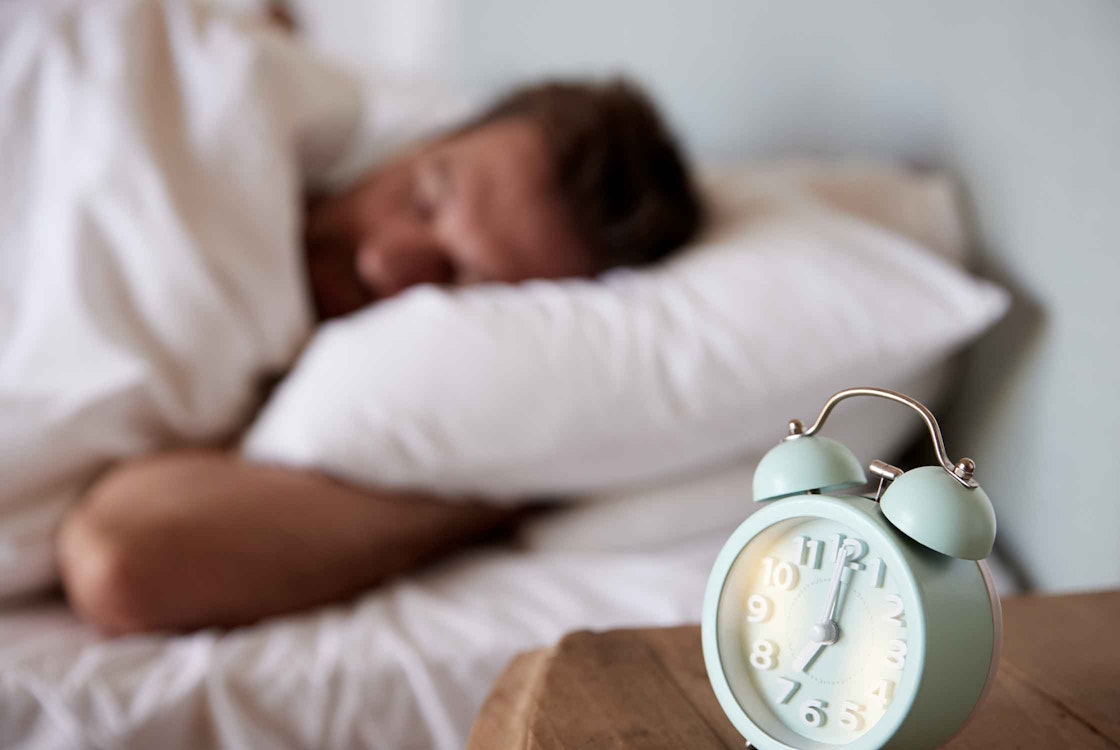
2. May Lead to Pain or Numbness in Arms
Another potential consequence of sleeping without a pillow is that it may cause pain or numbness in the arms. Again, this stems from the lack of pillow support causing you to sleep in an unnatural position.
If you don’t use a pillow, you may instead end up sleeping on your arm. This could be purposeful, e.g. to support your head, or accidental, e.g. finding yourself in this position due to the lack of pillow support. Either way, sleeping on your arm will most likely leave you with pain, stiffness, or numbness in this area. Your head bares roughly the same weight as a medium-sized bowling ball; placing this amount of pressure on your arm throughout the night would certainly take its toll the following day.
3. Could Cause Breathing Problems While Asleep
Sleeping without a pillow also carries the huge risk of impacting your breathing while you sleep. This is an especially important consideration for anyone suffering from night-time breathing conditions like sleep apnea or snoring.
In addition to supporting your body, pillows play an equally important role in ensuring you breathe properly throughout the night. Placing a pillow under your head elevates it slightly; in turn, this keeps your airways open and unobstructed, allowing you to breathe freely while you sleep. Sleeping without a pillow can instead obstruct your breathing by causing your head to sink into your mattress. Considering this potential risk, you should definitely sleep with a pillow if you already suffer from a condition that impacts your breathing.
